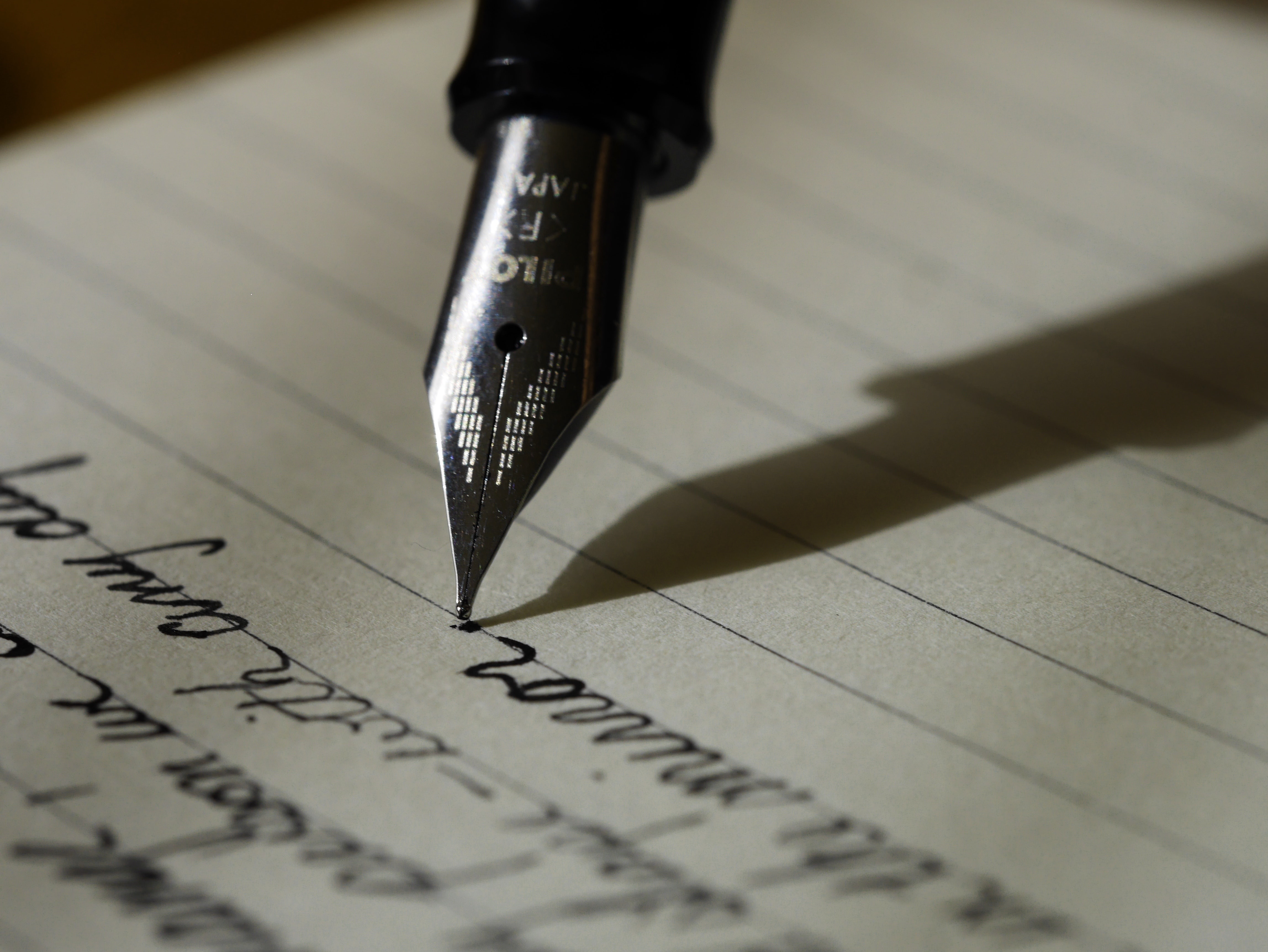A conversation between two or more individuals is referred to as an interview. During the conversation, the interviewer will ask the interviewee questions to determine whether they are qualified, knowledgeable, or appropriate for a given position or task. Interviews are frequently employed as a selection process for employment, education, or other possibilities. They may be done in person, via phone, or video conferencing.
After and before an interview not only focuses on job purposes but also can hold the subject clusters like a school interview, such as a law firm interview, institutional interview, or an internship interview.
MailToSelf has created a fresh offering for the readers. This article aims to fulfill the reader’s interest in discovering the right format for a thank you letter after an interview. Our website will help you with the thank you letter, whether it is a thank you letter after a bad interview, a thank you letter to make a good impression after an interview, an informational interview after an interview for a physician assistant position or a pharmacy residency interview. These can be done in a handwritten or email form.
What Is The Importance of An Interview?
For many organizations, interviews are a key component of the employment process. They allow the employer to evaluate a candidate’s abilities, expertise, and suitability for a particular position. In addition to showcasing their skills and suitability for the position, candidates may learn more about the business and the position during interviews.
From the employer’s perspective, interviews are an important way to gather information about candidates and make informed hiring decisions. They can also help to ensure that the organization is hiring the best person for the job, which can help to improve team performance and increase productivity.
Interviews allow candidates to present their skills and suitability for the position while also learning more about the business and the position. A positive interview experience might result in a job offer or other chances, so applicants must be well-prepared and present themselves well.
What Is The Purpose Of An Interview?
A candidate’s credentials, knowledge, and fit for a certain position or job are evaluated during an interview. It is a chance for both the employer to learn more about the applicant and make a well-informed hiring choice, as well as for the applicant to present their qualifications and suitability for the position.
The candidate may use the interview to learn more about the business and the position to assess if it suits them. They can evaluate a candidate’s communication, problem-solving, and collaborative skills, among other things.
In general, the goal of an interview is to provide information that will allow both the employer and the candidate to decide if the applicant is a suitable choice for the position and the company.
What Are An Interview’s Benefits and Drawbacks?
Some advantages of an interview include the following:
- They further allow employers to evaluate an applicant’s skills, expertise, and suitability for the position.
- They include an opportunity for the applicant to demonstrate their abilities and suitability for the position while learning more about the organization and the job.
- They can evaluate many talents and traits, including communication, problem-solving, and collaborative skills.
Some disadvantages of an interview include the following:
- They may not always accurately predict a candidate’s job performance.
- They can be biased, either intentionally or unintentionally, based on the interviewer’s personal preferences or prejudices.
- They can be stressful for candidates, especially if they are not well-prepared.
Nevertheless, interviews may be an effective tool for both applicants and employers, but it’s vital to understand that they have limits and utilize them as part of a larger hiring process that includes other evaluation techniques.
What Is A Thank You Letter For Before and After An Interview?
A thank you letter is a written message or email you send to an employer following an interview to convey your appreciation for speaking with them and your interest in the job. Writing a thank you note before or after an interview is acceptable, although it is usually seen as best practice.
You may reaffirm your interest in the job and highlight any pertinent abilities or experiences you have highlighted in the interview by sending a thank you note. Additionally, you can express professionalism and gratitude for the interview by responding to any issues or queries the interviewer may have brought up.
Although it is less typical, writing a thank you note before an interview is a fantastic approach to demonstrate your interest in the role and enthusiasm for the chance. In this situation, the thank you letter should be written before and after you’ve confirmed the interview.
A thank you note is a general technique to express gratitude and to leave a good impression on the employer. It may be a helpful tool to help you stand out from other applicants and show your suitability for the position.
What Should It Include?
A thank you letter before an interview should include the following:
- A formal greeting, such as “Dear (Employer).”
- A statement expressing your appreciation for the opportunity to interview and your enthusiasm for the position
- A brief overview of your relevant qualifications and experiences
- A closing statement thanking the employer again and expressing your hope to hear from them soon
A thank you letter after an interview should include the following:
- A formal greeting, such as “Dear (Employer).”
- A statement thanking the employer for the opportunity to interview and for their time
- A summary of your key qualifications and experiences and how they align with the role
- A discussion of any specific points that were discussed during the interview and how you addressed any concerns or questions that the employer raised
- A closing statement thanking the employer again and expressing your continued interest in the position
Overall, a thank you letter should be brief, professional, and focused on the employer’s needs and the role’s requirements. It should be personalized to the specific employer and position and demonstrate your fit for the role and appreciation for the opportunity to interview.
When Should You Send It?
Within 24-48 hours following an interview, it is typically advised to send a thank-you note. This enables you to express your gratitude and interest in the job quickly while the interview is fresh in the employer’s mind.
As soon as you can after the interview, send a thank you note to the employer. This gives you a chance to address any issues or queries they may have had and to reaffirm your suitability for the position. It might be smart to draft the letter as soon as possible after the interview when the specifics are still fresh in your memory and then have it reviewed and edited before mailing.
Sending a thank you letter soon after an interview is crucial since it may help you make a good first impression of the company and show that you are a good match for the position.
Writing Guidelines
Here is something to keep in mind when writing a thank-you letter for an interview:
- Be timely: Send the letter within 24-48 hours after the interview while the details are still fresh in your mind and the employer’s
- Be professional: Use a formal greeting and closing, and avoid overly casual language or slang.
- Be specific: Mention specific points discussed during the interview and how you addressed any concerns or questions the employer raised.
- Be focused on the employer’s needs: Demonstrate how your qualifications and experiences align with the role and show how you can contribute to the organization.
- Be concise: Keep the letter brief and to the point, focusing on the most relevant information.
- Proofread: Carefully review the letter for any spelling or grammar errors, and have someone else review it if possible.
A thank you letter should be a brief, professional, and focused expression of your appreciation and interest in the position. It should demonstrate your fit for the role and appreciation for the opportunity to interview.
Conclusion
After your interview, it’s important to say “thank you” to your interviewer for many reasons. You can express your gratitude for the opportunity to interview and your respect for the interviewer’s time by writing a thank you message.
Thanking an interviewer also helps create a good impression, show professionalism, and highlight your suitability for the position. It may be a method to reaffirm your suitability for the job and your qualifications and address any issues or queries the interviewer may have brought up.
Furthermore, expressing gratitude to an interviewer can assist in maintaining contact and demonstrating your continuous interest in the job. It may be a means of keeping your application active while the business makes recruiting decisions and stays at the front of its thoughts.
In conclusion, thanking an interviewer is a straightforward yet impactful approach to expressing gratitude and leaving a good impression on the company. It may be a useful tool in the employment process and aid in improving your chances of getting the job.




